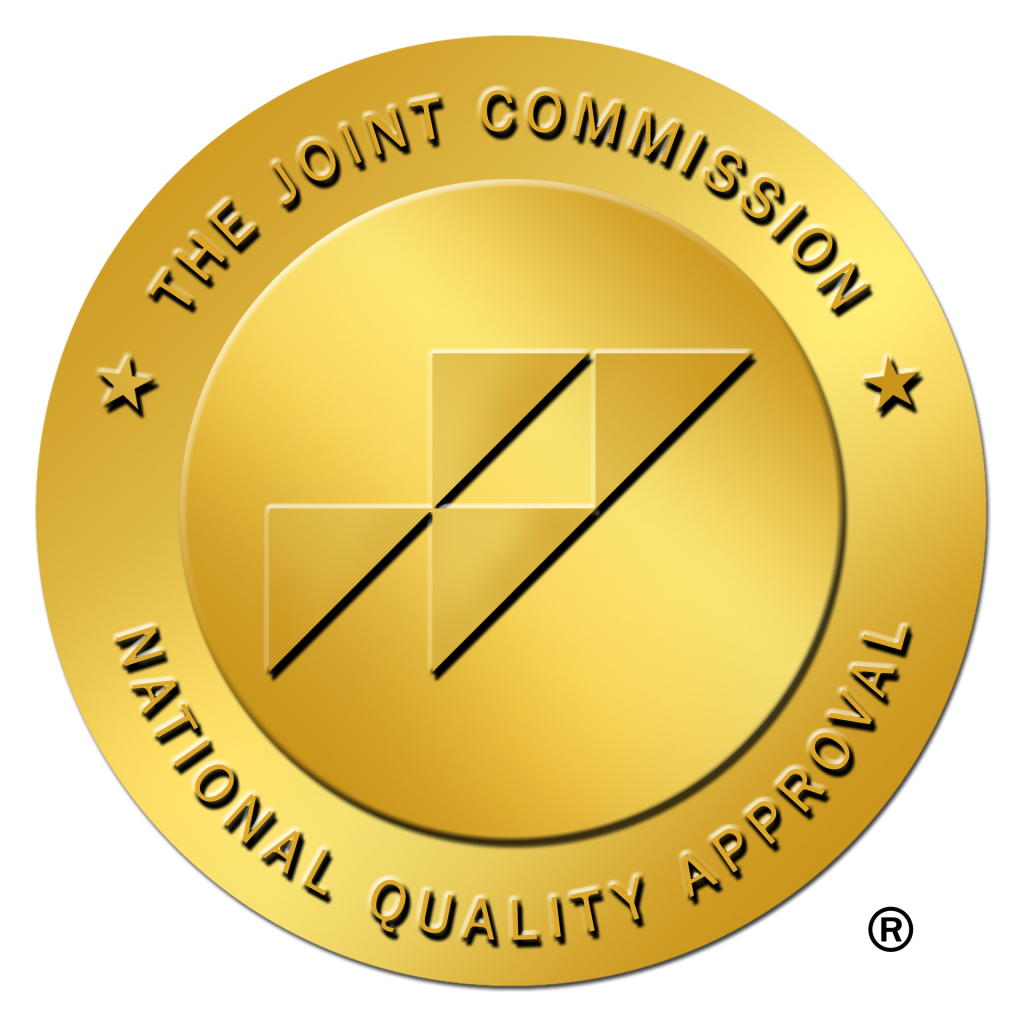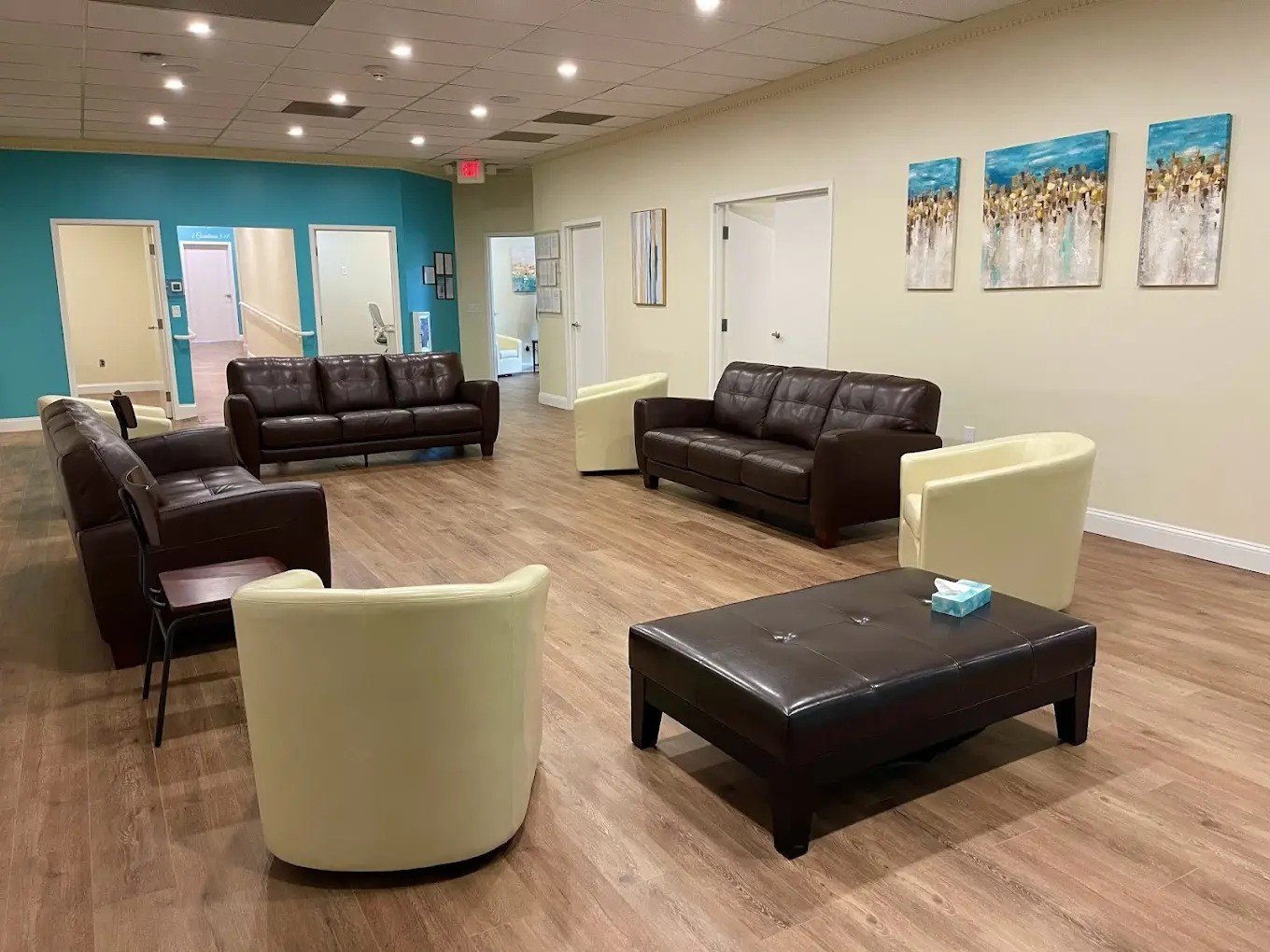Dual Diagnosis Outpatient Nj
Dual Diagnosis Explained
Dual diagnosis, also known as co-occurring disorders, refers to the simultaneous presence of mental health disorders and substance use disorders in an individual. The relationship between these conditions is often complex and intertwined, where each condition may affect the other, complicating treatment and recovery.
At New Chapter Recovery, understanding this duality is essential for providing effective outpatient care in Parsippany-Troy Hills, NJ. Patients often require specialized treatment plans that cater to the unique dynamics of dual diagnosis, ensuring that both aspects are addressed concurrently for successful outcomes.
Individuals with dual diagnosis may experience various challenges, such as increased vulnerability to relapse or exacerbated symptoms of mental health disorders. New Chapter Recovery focuses on these intricacies to offer tailored treatment approaches that foster sustainable recovery paths.
Integrating Therapeutic Modalities
New Chapter Recovery utilizes a comprehensive range of therapeutic modalities to treat dual diagnosis outpatient NJ clientele effectively. A mix of Cognitive Behavioral Therapy (CBT), Dialectical Behavior Therapy (DBT), and Acceptance and Commitment Therapy (ACT) forms the cornerstone of their treatment strategies.
Each therapy addresses specific cognitive and behavioral challenges that individuals face, providing them with tools to manage their conditions effectively. These evidence-based approaches are designed to help clients recognize thought patterns, regulate emotions, and develop coping mechanisms.
Experiential therapy and motivational interviewing are also integral to the recovery process, encouraging self-discovery and motivation for change. This holistic approach ensures that patients receive a well-rounded treatment experience tailored to their individual needs.
Animal-assisted therapy adds a unique dimension, enriching the therapeutic process by fostering emotional connections and reducing stress. This innovative approach supports the overall well-being of clients on their recovery journey.
Flexible Treatment Options
In addressing dual diagnosis outpatient NJ needs, New Chapter Recovery recognizes the importance of offering flexible treatment options. Their programs include Partial Hospitalization Program (PHP), Intensive Outpatient Program (IOP), and Outpatient Program (OP), each designed to cater to diverse lifestyles and responsibilities.
The PHP provides structured schedules while allowing patients the comfort of returning home in the evening. This balance helps maintain normalcy in a patient’s daily life, essential for those with significant family or work responsibilities.
The IOP offers flexibility, accommodating individuals who need to manage work or school obligations alongside their recovery process. This adaptability makes treatment accessible for working professionals and students seeking support without disrupting their daily routines.
The Role of Family Support
Family support plays a crucial role in the recovery process for individuals with dual diagnosis. New Chapter Recovery emphasizes the involvement of families in treatment, recognizing their integral part in sustainable recovery.
Family therapy sessions are designed to educate and empower loved ones, equipping them with the tools to provide effective support. This collaborative approach ensures families understand the dynamics of dual diagnosis and can contribute positively to their loved one’s recovery.
The open lines of communication maintained by New Chapter Recovery with families and referral sources foster transparency and trust. This supportive network strengthens the recovery process, providing a safety net for clients as they navigate their journey towards sobriety.
Integrated family involvement not only aids the individual in treatment but also promotes healing within the family unit, addressing any underlying issues that may contribute to the cycle of addiction.
Veterans Treatment and Recovery
New Chapter Recovery offers specialized tracks tailored to veterans, acknowledging the unique challenges they face. Veterans with dual diagnosis often contend with trauma-related conditions such as PTSD, making tailored care essential.
These programs leverage the acceptance of VA and Tricare benefits, ensuring veterans can access the treatment they need without financial strain. The facility provides comprehensive care that respects the service and sacrifices of veterans while addressing their specific mental health and substance use issues.
Trauma-Informed Care Approach
The trauma-informed care approach at New Chapter Recovery is foundational in treating dual diagnosis outpatient NJ clients. Recognizing the role trauma plays in mental health and substance use disorders is key to effective treatment.
This approach ensures that all therapeutic interventions are conducted with sensitivity to the potential triggers and past experiences of the patient. By fostering a safe and supportive environment, clients are encouraged to engage fully in their recovery process without fear of re-traumatization.
Therapists and counselors are trained to recognize the signs of trauma, equipping them to tailor treatment plans that address both the psychological and physiological impacts of trauma. This comprehensive understanding aids in the creation of more effective, individualized treatment paths.
Through trauma-informed care, patients receive the support they need to process and move beyond their past experiences, paving the way for a healthier, more resilient future.
Aftercare and Relapse Prevention
New Chapter Recovery places a strong emphasis on aftercare planning and relapse prevention as key components of the dual diagnosis outpatient NJ program. Understanding that recovery does not end with treatment, the center prioritizes support that extends beyond the initial recovery phase.
The aftercare services include support groups and regular check-ins, providing clients with a continuous network of encouragement and accountability. Relapse prevention strategies are integrated into every aspect of treatment, preparing clients for life beyond the facility.
The clinical team works closely with patients to set achievable goals, develop coping strategies, and build a robust support system that can be relied upon in challenging times. This ongoing process is vital for maintaining sobriety and ensuring long-term success in recovery.
The Impact of Research and Innovation
The dual diagnosis outpatient NJ program at New Chapter Recovery benefits from the latest research and innovations in the field of addiction treatment. By staying abreast of emerging trends and techniques, the center offers cutting-edge care that aligns with best practices.
Collaborative efforts with research institutions and participation in clinical studies allow New Chapter Recovery to continually refine and enhance their treatment approaches. This dedication to innovation ensures patients receive the most effective care tailored to their specific needs.
Adaptability and a commitment to professional development among the clinical staff foster an environment where new ideas are welcomed, and traditional methods are re-evaluated to improve patient outcomes.
Insurance and Accessibility
New Chapter Recovery is committed to making treatment accessible to as many individuals as possible. Their dedicated insurance verification team works diligently to streamline the process, ensuring patients can access treatment without undue delay.
The center’s expertise in managing out-of-network and Tricare benefits allows for quick and efficient admissions, reducing the barriers to starting recovery. This efficiency is crucial in addressing the urgency often associated with dual diagnosis care needs.
By focusing on accessibility, New Chapter Recovery ensures that more individuals have the opportunity to embark on their recovery journey and receive the high-quality care they deserve.
What is dual diagnosis, and how does it affect treatment approaches at New Chapter Recovery?
Dual diagnosis refers to the co-existence of a mental health disorder and a substance use disorder within the same individual. At New Chapter Recovery, this complex interplay requires an integrated treatment approach that addresses both conditions simultaneously. By focusing on tailored treatment plans, the center ensures that both mental health and substance use issues are managed concurrently, which is crucial for a successful recovery. This integrated approach helps individuals avoid relapse and manage exacerbated symptoms effectively.
How do different therapeutic modalities enhance the treatment of dual diagnosis patients at New Chapter Recovery?
New Chapter Recovery employs a variety of therapeutic modalities, including Cognitive Behavioral Therapy (CBT), Dialectical Behavior Therapy (DBT), and Acceptance and Commitment Therapy (ACT), to cater to the diverse needs of dual diagnosis patients. These evidence-based therapies offer tools for understanding thought patterns, regulating emotions, and developing coping strategies. Additionally, experiential therapies and motivational interviewing support self-discovery and motivation for change, while animal-assisted therapy enriches the recovery experience by fostering emotional connections. This comprehensive approach ensures a well-rounded treatment experience for all clients.
Why are flexible treatment options important for dual diagnosis patients at New Chapter Recovery?
Flexibility in treatment options is vital for individuals managing dual diagnosis, as it allows them to balance recovery with other responsibilities. New Chapter Recovery offers programs like Partial Hospitalization Program (PHP), Intensive Outpatient Program (IOP), and Outpatient Program (OP) to accommodate various lifestyles. For instance, IOP is particularly beneficial for working professionals or students, as it allows them to continue with daily obligations while receiving necessary treatment. This flexibility not only facilitates access to care but also supports long-term engagement with recovery.
How does family support contribute to the recovery of dual diagnosis patients?
Family support is a cornerstone of recovery for dual diagnosis patients at New Chapter Recovery. Involving families in the treatment process provides the individual with a crucial support system. Family therapy sessions are conducted to educate and empower loved ones, helping them understand dual diagnosis dynamics and contribute positively to recovery. This collaborative approach not only aids the patient but also fosters healing within the family unit, building a supportive network that extends beyond the treatment phase.
What specialized care does New Chapter Recovery offer for veterans with dual diagnosis?
Veterans face unique challenges with dual diagnosis, often including trauma-related conditions like PTSD. New Chapter Recovery offers specialized tracks designed to address these specific needs, leveraging VA and Tricare benefits to make treatment accessible without financial strain. These tailored programs respect veterans’ service and sacrifices while providing comprehensive care that addresses both mental health and substance use issues. By understanding the complexities of veterans’ experiences, New Chapter Recovery creates a supportive and effective treatment environment.
Why is a trauma-informed care approach essential for treating dual diagnosis?
Trauma-informed care is crucial in treating dual diagnosis because it acknowledges the role of trauma in mental health and substance use disorders. This approach at New Chapter Recovery ensures therapeutic interventions are sensitive to potential triggers, allowing clients to engage fully in their recovery without fear of re-traumatization. Counselors are trained to recognize trauma signs, tailoring treatment plans to address psychological and physiological impacts. This sensitivity provides a safe space for clients to process their past and work towards a resilient future.
Why is aftercare and relapse prevention a focus at New Chapter Recovery?
Recovery is a lifelong journey, and New Chapter Recovery emphasizes aftercare and relapse prevention to support clients beyond initial treatment. Aftercare services, including support groups and regular check-ins, provide continuous encouragement and accountability. Relapse prevention strategies are integrated into treatment, equipping clients with coping skills and a robust support system for challenging times. By focusing on these elements, New Chapter Recovery helps individuals maintain sobriety and achieve long-term recovery success.
How does New Chapter Recovery address the challenges of insurance and accessibility for dual diagnosis treatment?
Access to treatment is often hindered by insurance complexities, but New Chapter Recovery works diligently to streamline this process. Their insurance verification team expedites admissions by handling out-of-network and Tricare benefits efficiently. This fast-tracking is crucial for addressing the urgent needs of dual diagnosis care. By reducing barriers to access, New Chapter Recovery ensures that individuals can begin their recovery journey without unnecessary delay, emphasizing their commitment to accessible and high-quality care.
Resources
- Substance Abuse and Mental Health Services Administration (SAMHSA) – SAMHSA is the leading agency in the U.S. working to reduce the impact of substance abuse and mental illness on America’s communities.
- National Alliance on Mental Illness (NAMI) – NAMI is the largest grassroots mental health organization dedicated to building better lives for the millions of Americans affected by mental illness.
- Psychology Today – Therapy Types – Psychology Today provides information on various therapy types and modalities used in mental health treatment.
- U.S. Department of Veterans Affairs – Health Care – The VA provides comprehensive health care services to veterans, including mental health and substance abuse treatment.
- National Institute on Drug Abuse (NIDA) – NIDA is a government resource that aims to advance science on the causes and consequences of drug use and addiction.






